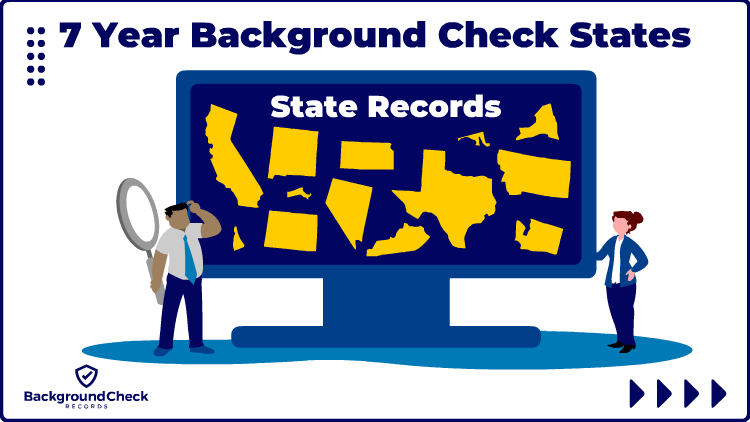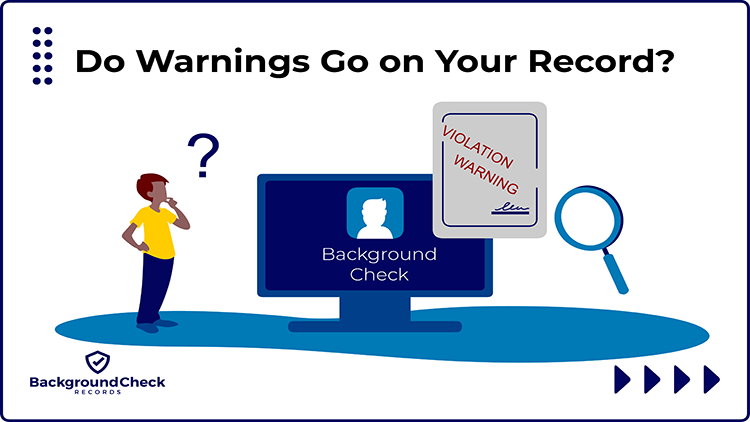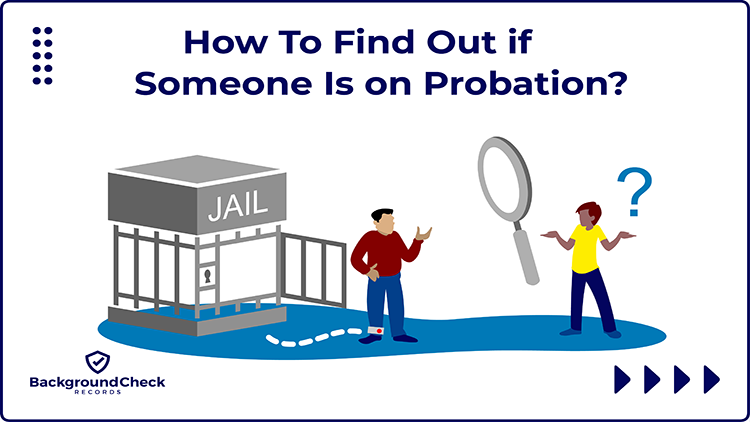7 Year Background Check States (List): How the 7 Year Rule Works
All of the 7 year background check states use a 7 year lookback period that can affect whether or not criminal charges such as non-convictions, felonies, and misdemeanors show up on background checks.
However, different criminal charges, background screenings and local laws can impact if a charge will show up after 7 years so it’s important to consider the specifics before jumping to conclusions.
For this reason, we’ll review exactly how the 7 year rule works in various circumstances, the laws that govern lookback periods in each applicable state, and when exactly the 7 year lookback period begins.
And if you’re unsure about the specifics of a particular case, running a free background check can help determine if a record is still showing in any given state and for any given charge.
Does Your Criminal Record Clear After 7 Years?
For purposes of housing and employment applications, in some states, a person’s criminal history older than 7 years cannot be considered, or included, in a criminal background check.
In addition, there are some exceptions to what can be put on a criminal history report regardless of how old it is, including non-convictions and other statutory exceptions which will be discussed below, even for states that conduct 7 year background checks.
The Fair Credit Reporting Act (FCRA) limits the lookback period on most criminal records to seven years for a commercial background check when the charges resulted in a non-conviction.
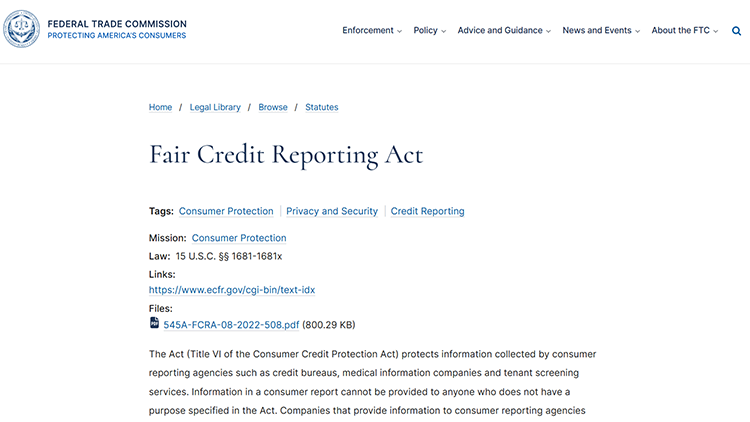
For example, a dismissed charge or dropped charge, or one resulting in acquittal ten years prior to the background check cannot appear on the screening report per FCRA guidelines. However, this does not exactly erase the information from the criminal record, it simply limits the disclosure in a background screening.1
There are other aspects of a criminal history that are also not subject to a 7 year lookback period as outlined in the next section.
What’s Not a Part of the 7 Year Lookback Period?
FCRA guidance pertains to credit history and non-conviction criminal records, and does not cover other aspects of a background check; therefore, there are certain aspects of a person’s history that are not part of the seven-year rule.2
Employment history is not subject to the seven-year rule in any state, even in 7 year background check states, since individuals may stay in a job for more than seven years at a time. If employment history was limited to seven years, then candidates relevant work experience older than that time frame would not be considered.
This would create an unfair disadvantage to the applicant who may have switched positions ten years ago and the previous position aligns with the new job prospect.3
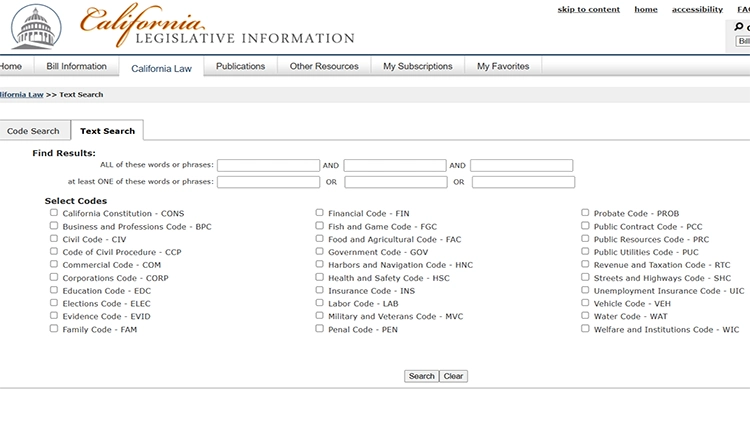
Another aspect of a person’s background check that is not subject to the same seven year rule applied to credit and criminal history is the education verification for the subject. Since people may have earned a degree more than seven years before applying for a position, limiting the lookback period to seven years would disadvantage the candidate because that relevant information would not appear on the record.4
While seven years applies to credit and non-conviction criminal history per FCRA guidance, not every state places that same limit on criminal history, and some states have adopted the seven year rule for both convictions and non-convictions as discussed in the following section.
States That Limit the Reporting of Non-Convictions After 7 Years
In addition to FCRA rules regarding use of non-conviction records by commercial background check agencies, several states have adopted their own seven year lookback laws to fortify the federal statute. The table below lists all the states along with a link to the statute that limits non-convictions (state or federal law) and the states that have the true 7 year rule are seen even further below in this article:
In all states, non-conviction records are limited to a seven year lookback period when compiled by a commercial background check agency, so matters that resulted in dismissal, acquittal or no true bill of indictment will not show up on a background check if they are more than 7 years old.
Non-convictions older than seven years should not appear on a Connecticut or Tennessee background check, among others, due to FCRA rules limiting these records.
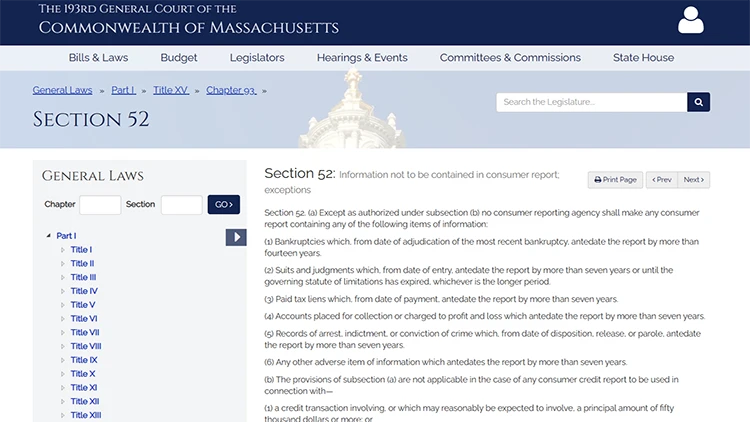
If these charges do appear, the subject should contact the state attorney general’s office or the Federal Trade Commission (FTC) for guidance on how to correct the matter.
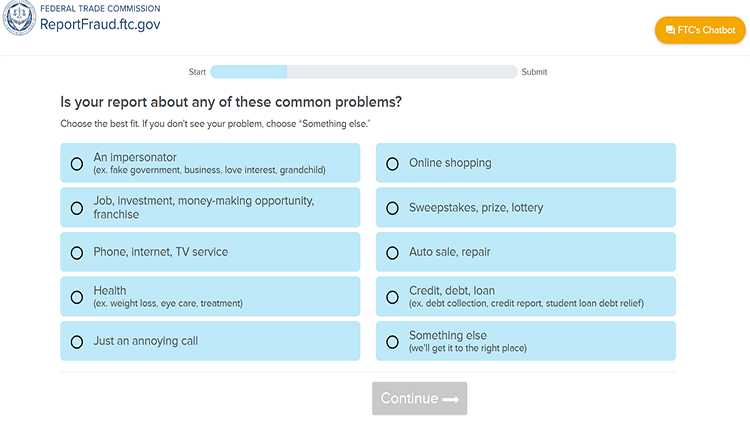
Lookback limits should not be confused with ban the box laws. Ban the box statutes deal with when a hiring manager, agency or business can inquire about a person’s criminal history in the onboarding process, not the lookback period limits.
While there is a seven year limit in the states above, there are exceptions when conducting a background check, as discussed in the next section.
State Specific Exemptions
In the states with a codified lookback period for non-convictions, there are some exceptions. The list below outlines the exceptions for each state:
- California: in a California background check, convictions (misdemeanor and felony) are restricted to a 7-year period, pending charges have a 2-year lookback, and the agency employs fewer than 5 workers.
- Colorado: position has an annual salary of $75,000 or more, positions working with vulnerable populations or public health or safety, any charges of child abuse or child sexual abuse regardless of the outcome or the time-period between the offense and the background check.
- Kansas: positions paying an annual salary of $20,000 or more.
- Maryland: position has an annual salary of $75,000 or more.
- Massachusetts: position has an annual salary of $75,000 or more.
- Montana: arrests and indictments still pending or convictions are exceptions to the 7 year rule.
- Nevada: convictions older than 7 years.
- New Hampshire: positions paying less than $20,000 a year,
- New Mexico: arrests and charges still pending, pardoned cases.
- New York: position has an annual salary of $75,000 or more.
- Texas: position has an annual salary of $75,000 or more, positions with insurance agencies, jobs that require workers deliver items or enter resident’s homes, state and local agency applicants. In these cases, checks can go back to the person’s 18th birthday regardless of how long ago it was.5
- Washington: individual has unsupervised access to minors/elderly/vulnerable persons, jobs is with public safety, applicant is a volunteer instead of paid employee.
These exceptions, in some cases, allow businesses in the state to check a person’s background, including non-convictions, older than 7 years due to the nature of the position and the amount of responsibility involved. The next section discusses these types of positions in more detail.
Types of Employment That May Bypass the 7 Year Lookback Period
While most positions are subject to the 7-year rule, there are some that are not subject to a limited lookback period. These positions typically involve working with vulnerable populations or other aspects of public health and safety. The list below outlines some of these positions:
- Childcare workers/child educators: individuals that work closely with children are subject to a complete adult criminal history check designed to find disqualifying offenses such as sexual assaults or child abuse offenses.
- Elderly care workers: whether it is in a nursing home, home health, or adult day facilities, workers in this industry are not limited to a seven year lookback period.
- Volunteers: in many cases, volunteer background checks are not limited to seven years since these individuals are not paid employees and denial of volunteering will not have as adverse an effect as denying employment. Background checks are commonly conducted on volunteers in non-profit organizations.
- Healthcare workers: individuals such as doctors, nurses, and others who provide healthcare are not limited to a seven year lookback. This also includes mental health professionals.
- Law enforcement/corrections/public safety: individuals working as police officers, detectives, correctional officers, probation and parole officers or other public safety positions such as firefighters or EMTs are not limited to seven years when searching criminal records.
- Security clearance positions: government positions that require secret or top secret clearance are not limited to a seven year lookback period. This is due to the national security responsibilities these positions are responsible for.
- Financial positions: many financial positions such as stock brokers, banking executives or other c-suite executives, are not limited to the seven year rule regarding background checks. These are frequently known as a level 4 background check.
- Certain contractors: while contractors are not considered employees of the federal or state government, certain ones may be subject to complete criminal history checks based on the nature of the work. For example, linguists contracted with the federal government must undergo a complete background screening to make sure they are not a national security threat.
7 Year Background Check States & Applicable Laws
States that have passed laws limiting a background check to seven year rule for criminal history include both convictions and non-convictions under most circumstances. Exceptions to the law are listed above.
The table below lists the states that have seven year rules for convictions and non-convictions as part of the state statute:
These states have added to the FCRA limits by enacting their own laws to enhance protections for those with a criminal history, but not all matters are handled exactly the same, and not all background checks are equal.
Do Felonies Go Away in States That Conduct 7 Year Background Checks?
While state laws may limit how far back a background check can go when looking at a person’s criminal record, felonies do not just go away in those states. Unless the matter has been expunged or sealed by a judge or court in good standing, the matter will still be on a person’s criminal history.
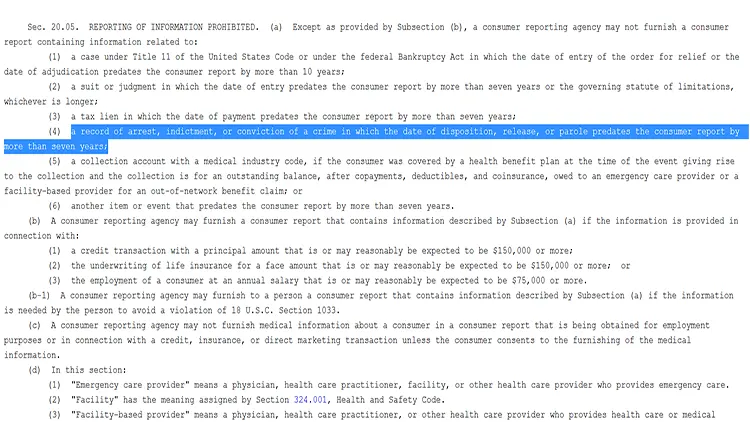
It just will not be available to disclose by a commercial background check agency. Additionally, several states that conduct 7-year background checks may have exemptions for specific felony offenses or types of background checks.
For instance, individuals interested in the duration a felony stays on their record in a 7-year state should be aware that felonies can remain indefinitely on the record, with the availability of this information in commercial background checks subject to state laws.
Do Misdemeanors Show Up on a Background Check After 7 Years?
In states that do not limit background screenings for convictions, misdemeanor convictions will show up after seven years on a report unless the matter has been sealed or expunged by the courts. When searching records in any of the states that have a 7 year lookback period, there is a possibility misdemeanors will show up even after seven years if the person was incarcerated.
More on this will be discussed later in the section below.
States that limit the lookback period to seven years will not show misdemeanor convictions as long as convictions are included in the limitations. Also, positions that require a more lengthy screening will reveal misdemeanor convictions.
This does not mean a misdemeanor conviction will automatically disqualify an individual, but can be considered if it directly relates to the job applied for. For example, a misdemeanor larceny charge could disqualify someone from working in a retail position.6
What Does a 7 Year Background Check Show?
In addition to knowing how far back a search can go, it’s important to also know what shows up on a seven year background check. Non-convictions cannot be on any background check conducted by a third-party vendor or commercial screening agency per FCRA guidelines, for both seven and non-seven year background check states.
However, pending charges can still appear on a background check.
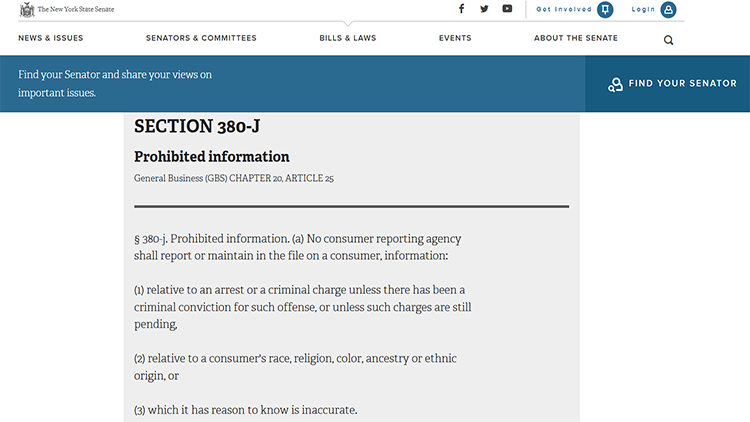
In states that conduct 7-year screenings, warrants may also be visible on a background check, along with pending charges.
Misdemeanor and felony convictions will show up on a seven year background check, and may show up beyond seven years depending on the state where the check is completed or other exceptions to the seven year rule written into law.
The seven year rule does not apply to education or employment verification, so these items can span back decades and can cover a person’s complete history.
Credit history appears on a seven year background check, but can span as far back as 10 years for bankruptcies. Credit history can also span back more than seven years for certain positions that involve working in the financial industry or for security clearances where national security may be compromised.7
There are many things that can appear on a 7 year background check including adverse information, a pending charge, or information from references when requested. The next thing to know is when the clock starts ticking for the seven year rule.
When Does the 7 Year Lookback Period Start?
The lookback period start date is also a vital piece of information to have, so candidates are aware of what may or may not show up on a background check. For example, the seven year time clock on non-convictions starts when the charges were filed or the arrest was made.
For convictions, the clock starts on the date of the disposition or sentencing, release date from prison, or date parole was granted. Therefore, if a person was tried, convicted and sentenced eight years ago, the charge won’t appear on most background checks unless the person was placed in prison.
At that point, the prison release date will be the start of the seven-year clock. For parolees, the clock starts on the date the person is released on parole.
For prison release or parole, this means convictions that are over seven years old can still appear on a background check since the time doesn’t start with the entering of the judgment, and instead starts at the point where the conditions of incarceration have been met.
The seven year rule can be complicated, and it’s important to follow the guidelines when conducting a background check to make sure the business is in compliance, especially in 7 year background check states, and this free guide can help.
Frequently Asked Questions
What Are the 10 Year Background Check States?
There are several states that are considered 10 year background check states, including:
- Alabama
- Alaska
- Arizona
- Arkansas
- Delaware
- Florida
- Georgia
- Hawaii
- Idaho
- Illinois
- Indiana
- Iowa
- Kentucky
- Louisiana
- Maine
- Michigan
- Minnesota
- Mississippi
- Missouri
- Nebraska
- New Jersey
- North Carolina
- North Dakota
- Ohio
- Oklahoma
- Oregon
- Pennsylvania
- Rhode Island
- South Carolina
- South Dakota
- Tennessee
- Utah
- Vermont
- Virginia
- West Virginia
- Wisconsin
- Wyoming
Do Felonies Show Up on Background Checks After 10 Years?
In states with a 7 year lookback period, felonies may not show up on a background check; however, some states only limit non-convictions to seven years, and others have a much longer lookback period for felonies. Also, certain felonies must be disclosed regardless of the length of time that has passed such as sex offenses and felony child abuse crimes.
1 Fair Credit Reporting Act. (n.d.). Federal Trade Commission. Retrieved January 26, 2023, from <https://www.ftc.gov/legal-library/browse/statutes/fair-credit-reporting-act>
2 Employer Background Checks and Your Rights | Consumer Advice. (n.d.). Federal Trade Commission. Retrieved January 26, 2023, from <https://consumer.ftc.gov/articles/employer-background-checks-your-rights>
3 Conducting Background Investigations and Reference Checks. (n.d.). SHRM. Retrieved January 26, 2023, from <https://www.shrm.org/resourcesandtools/tools-and-samples/toolkits/pages/conductingbackgroundinvestigations.aspx>
4 Guide to Education Verification in Background Checks. (n.d.). Business News Daily. Retrieved January 26, 2023, from <https://www.businessnewsdaily.com/hr/education-verification-for-employment>
5 What You Need to Know About the Seven-Year Rule in Texas. (n.d.). Flower Mound Criminal Defense Lawyer. Retrieved January 26, 2023, from <https://flowermoundcriminaldefense.com/what-you-need-know-about-seven-year-rule-texas>
6 Employer background checks are common, so be honest in an interview. (2019, July 16). USA Today. Retrieved January 26, 2023, from <https://www.usatoday.com/story/money/2019/07/16/employer-background-checks-job-interview/1728704001/>
7 Kaplan, J. M. (2022, June 20). Credit Reports – 7 Year Rule. The Credit Pros. Retrieved January 26, 2023, from <https://thecreditpros.com/how-far-back-does-credit-reports-go/>

